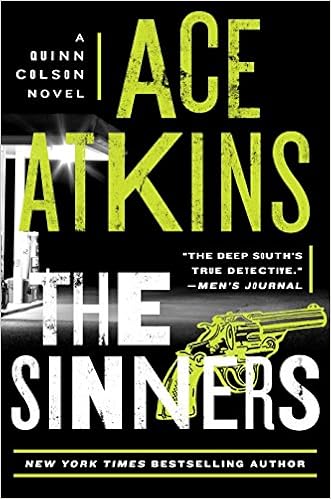By Kenneth Turan
July 19, 2018
It starts with the character Washington plays and what the actor brings to it, but it extends to the nature of the plot and story created by the veteran Richard Wenk, who also wrote the first "Equalizer" inspired by the 1980s TV show.
Robert McCall (Washington) presents himself to all and sundry as a modest, cap-wearing Boston Lyft driver given to solitude and the reading of books, with authors such as Ta-Nehisi Coates and Marcel Proust getting pride of place. But the reality of his life is considerably different.
A onetime shadowy government agent with unmatched combat skills, McCall has taken advantage of the fact that his former bosses think he's dead to do a very particular kind of good in the world.
The loneliest and deadliest of lone wolf vigilantes, McCall is an avenger who hides his lethal abilities under that bookworm demeanor, someone who doesn't want to be thanked or even known for the wrongs he's righted. When someone uses the phrase "the wrath of God," they might as well be talking about him.
Indisputably one of America's best actors, Washington clearly enjoyed playing this character in the first "Equalizer," but it’s a mark of his dedication to craft that he's not been content with leaving well enough alone.
Instead, the actor has thrown himself more intensely into the role, using his superb gravitas and credibility to elevate and enlarge the character while still allowing McCall to be human enough for us to worry about his safety, death-dealing skills notwithstanding.
In this he's helped by the nature of Wenk's plot, which deals with questions of the morality of violence and has the shrewd idea of making the battles that McCall fights personal in a way they have not been before.
As was the case with the first film, "Equalizer 2" is in no hurry to get to the heart of the matter. The story's essence reveals itself gradually as the film takes time to bring those new to the character up to speed on who McCall is and what he can do.
The opening sequence takes place out of the country, on a train in rural Turkey where McCall, disguised as an imam complete with luxuriant beard, teaches a miscreant a lesson after imparting a bit of personal philosophy: "There are two kinds of pain in the world. Pain that hurts and pain that alters." Point taken.
In addition to warrior skills that are off the charts, McCall has an ability to see a particular situation before it unfolds, a sixth sense of how things will go down. As filmmaker Fuqua has accurately said, "Violence is a comfort zone for him.”
Back in Boston, though he's usually zealous about keeping to himself, McCall takes an interest in one of the tenants in his building, a young high school student with artistic aspirations named Miles (Ashton Sanders, memorable in the Oscar-winning "Moonlight").
McCall is also visited by an old friend from the first movie. That would be Susan Plummer (the always expert Melissa Leo), a colleague from McCall's covert days and the only person, aside from her husband, Brian (Bill Pullman), who knows he is alive.
Still active in intelligence circles, Susan goes off to Brussels with colleague Dave York (an excellent Pedro Pascal) to investigate a death that may or may not be suspicious.
Always careful to not be hemmed in and compromised by human connections, McCall finds that, in ways that are separate and linked, both Susan and Miles are in terrible jeopardy.
How he responds is memorable, and, in the case of Miles, leads to a moment in a crack house hallway that provides both actors with a scene that surprises with its intensity and power.
When it comes to action sequences, Fuqua is as experienced as they come, and his work here, while strong enough to earn an R rating for "brutal violence throughout," never lingers on the carnage. Instead, it presents violence in intense bursts so crisply edited (by Oscar winner Conrad Buff) they almost feel subliminal.
The director is also a fine creator of tension, insisting that the acting be low-key and, along with stunt coordinator Jeff Dashnaw, special effects coordinator Jeremy Hays and visual effects supervisor Sean Devereaux, orchestrating a corker of a finale during a Category 5 hurricane.
Not everything in "Equalizer 2" is successful, including a subplot about a Yiddish-speaking Holocaust survivor played by Orson Bean that misses the mark. But the film is effective where it needs to be, and if there is an "Equalizer 3," in line to see it is where you'll find me.
Kenneth Turan is film critic for the Los Angeles Times and National Public Radio’s Morning Edition as well as the director of the Los Angeles Times Book Prizes. He has been a staff writer for the Washington Post as well as the Times’ book review editor. A graduate of Swarthmore College and Columbia University’s Graduate School of Journalism, he teaches film reviewing and non-fiction writing at USC. His most recent books are “Never Coming To A Theater Near You” and “Free For All: Joe Papp, The Public and The Greatest Theater Story Ever Told.”






